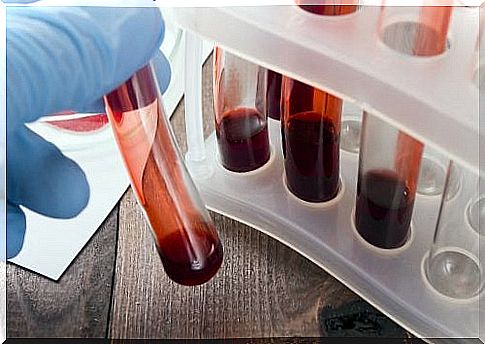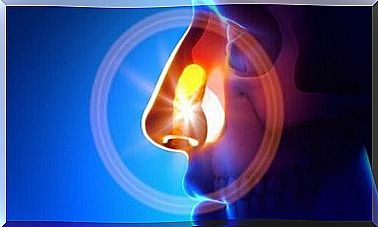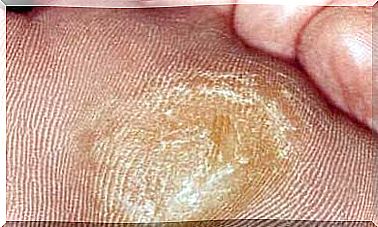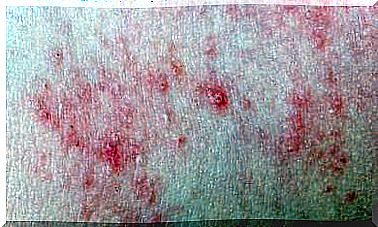Cancer Can Now Be Detected Faster Through Blood Tests

Through research, the CSIC (Spanish National Research Council) aims to help laboratories to detect cancer in early stages through blood tests. This will ensure that at some point it will be possible to detect tumors through blood tests.
It won’t be long before this method can be used in labs around the world. This new method, developed by Spanish scientists, enlarges the DNA. This progress is very important in order to detect cancer as quickly as possible in the future.
The investigation of the CSIC

A team of scientists working at the CSIC has developed the first solution to amplify small pieces of DNA.
- Laboratories now only need a small amount of blood to categorize, read and analyze the DNA.
- In the second phase of this study, an evaluation is made to determine whether cancerous tumors are developing in the person’s body.
This new method of detecting cancer is already being used in Spanish hospitals and offers two great advantages:
- This method is virtually non-invasive (a simple blood analysis is sufficient).
- It is able to detect tumors in their early stages.
Luis Blanco, who works at the CSIC’s Severo Ochoa Biological Molecular Center in Spain, believes this discovery will lead to progress as important as the development of MRI scans at the time.
The future of research into early cancer detection methods

Although a lot of progress has already been made, it is important to continue the research. This is the only way these techniques can be widely applied to diagnose tumors in early stages. These tests can also detect other hereditary disorders.
These techniques are also called nanosensory biomarkers for detecting cancer. They are gradually becoming a highly recognized alternative to invasive biopsies of metastatic tumors.
Properties of colon cancer
Normally, colon cancer originates from abnormal activities in cells in the colon or rectum, which divide uncontrollably until they form a malignant tumor. This cancer usually begins with the development of a small polyp in the tissue of the inner lining of the colon and rectum.
Polyps can vary greatly in size, from very small to several centimeters in size. Research indicates that polyps are very common in people over the age of 50 and that in most cases these polyps are benign.
What are the risk factors for this cancer?
- Family history and old age are the main risk factors.
- Also, there are some factors that can increase the chance of developing colon cancer, such as high alcohol consumption, obesity, lack of exercise, smoking and maintaining an unbalanced diet.
- At the same time, some groups of people may also have an increased risk of developing this cancer. This includes people who suffer from ulcerative colitis or people who suffer from Crohn’s disease.
Detecting cancer in the intestines

Continuous advances in medicine have made it possible to detect colon cancer very early. For this reason, doctors often recommend that tests be performed before the patient experiences severe symptoms.
Various methods are used to detect colon cancer. If you are 50 or older, doctors recommend that you have yourself examined every two years to detect colon cancer as early as possible.
Since some people have a family history of this disease, doctors recommend that these people have regular checkups before they turn 50 and more often than once every two years. One of the most common ways to detect colon cancer is to look for blood in the stool.
- You can get a bag at the pharmacy with a small tube attached to it. Your stool is thus sent to the laboratory without any hassle.
- Attached to the lid of the tube is a small stick that you can use to get the stool into the bag and close the tube.
Research results
- If there is no blood in the stool, the chance of a tumor is unlikely. Still, it’s important to have yourself re-examined every two years.
- In addition, blood in the stool in most cases does not necessarily indicate colon cancer.









